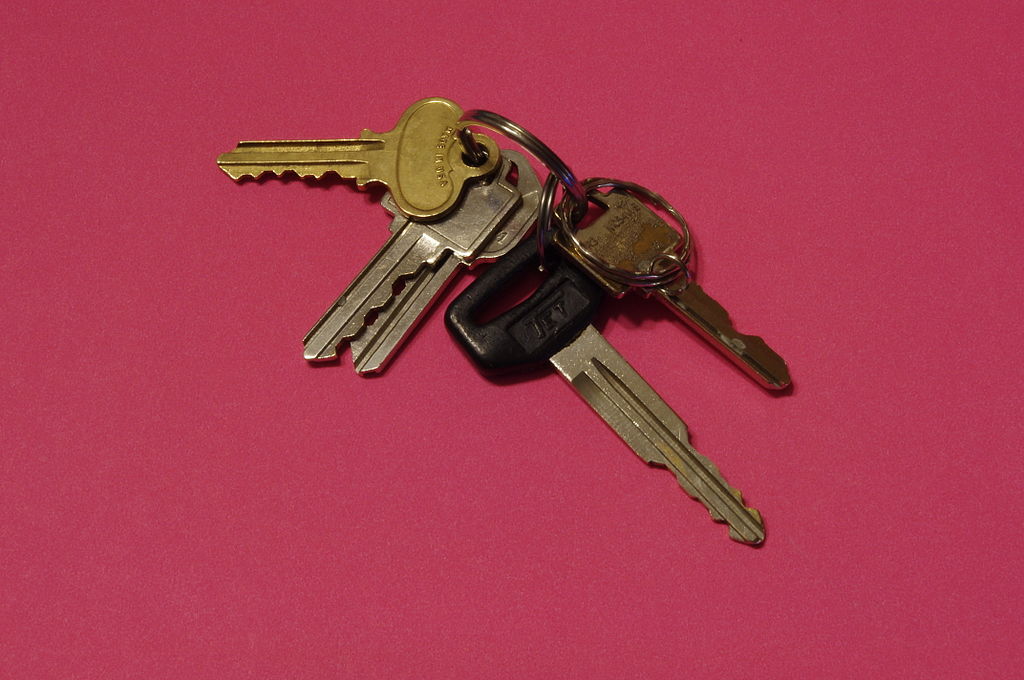 George Bernard Shaw once said, “Youth is wasted on the young”, and we know exactly what he meant. This is why I intend to make the most of being a senior when I reach the age of retirement. Park Terrace Senior Living looks like my dream place. Just about the time you get your head together, your body starts falling apart.
George Bernard Shaw once said, “Youth is wasted on the young”, and we know exactly what he meant. This is why I intend to make the most of being a senior when I reach the age of retirement. Park Terrace Senior Living looks like my dream place. Just about the time you get your head together, your body starts falling apart.
When that happens, it’s no fun for the younguns, either. What many children define as the most tearjerking moment in the aging process is when they have to ask their elderly mom or dad to fork over the car keys.
According to the Insurance Institute for Highway Safety, seniors age 80-plus have the highest rate of fatal car crashes per mile driven. Accidents caused by the elderly are typically attributed to vision or hearing problems, reactions to medications, or not being quick-on-the-draw when maneuvering a motor vehicle.
Despite those high crash stats, many elderly folks continue to get behind the steering wheels of their ancient Plymouth, Olds, or Pontiac sedans to putter about town — even though they know that surrendering the keys would be the smartest and safest thing to do. Many elderly people, due to forgetfulness, can often lock themselves out of their cars. In the event of this happening, you may want to seek out a locksmith near me in atlanta ga, or wherever you live.
For an elderly person, especially one who’s been driving since forever and a day, putting the pedal to the metal, granny-style, means freedom, independence, employment, fun, and spontaneity. So although hospice care is still a long way off for many, how can anyone tell their beloved senior that the car keys are being taken away because they can no longer safeguard themselves on the road?
As medical advances allow for increasingly long lifespans, it’s important that we prepare ourselves for having such conversations with our mothers, fathers, aunts, uncles, grandparents — even elder siblings. Here are some tips on how to tell the older driver in your life that it’s time to get out from behind the wheel:
1) Always be positive. Don’t beat someone over the head with doom and gloom forecasts like “You’re going to kill yourself and give me a coronary if you don’t stop driving!” Forget about being condescending or preachy, as sermons typically fall on deaf ears, unless you’re in a spiritual setting — and even then, it’s a crap shoot. Instead, if your senior can still manage to get around in their car with no drama, suggest that they scale back their driving gradually — for example, by only going out in daylight and avoiding highways.
2) If your senior is a bit of a penny pincher, run some numbers on their behalf. Then show them just how cost-effective it would be to take public or senior transportation instead of maintaining a car. Gas, insurance, and maintenance can gobble up retirement savings lickety-split. In the majority of situations, this could increase the chances of your parents running into money problems in the long run. But if most of them have mortgages, then equity release could help them to find the funds to pay for any car-related issues. For your sake, in the hopes of having their car passed down, you will hope that this isn’t the case.
3) Make your senior’s doctor, the fall guy (or gal). Depending on where you live, some doctors can contact the Department of Motor Vehicles to report on a patient’s driving abilities. Visit SeniorDriving.AAA.com to see if you live in one of those states. Tattling on a person’s driving by a physician can trigger a review of their skills, including re-testing.
4) If you can manage it, shuffle your busy schedule to shuttle your elderly loved one around town as often as possible. Your senior will relish the time spent in your company — well, hopefully — and your worries about their driving skills will be put to rest.
Words to live by: allow the elderly person in your life to retire from the road with dignity and grace.

I let the Dr. do it.
great advise. To bad America doesn’t offer free public transportation to senior citizens like they do in England